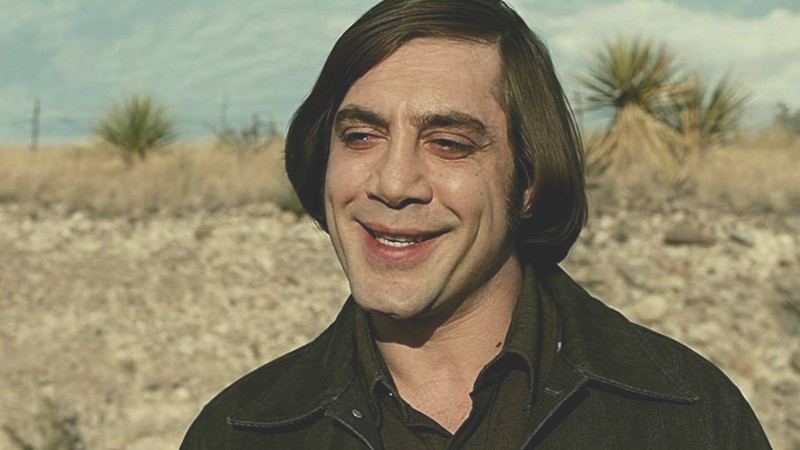
Every spring, Hollywood’s cream of the crop gathers together in one long-winded televised pageant of self-congratulation to celebrate the greatest cinematic achievements of the year. The red carpet is rolled out, tear-jerking acceptance speeches are given, and about two handfuls of eight-and-a-half-pound gold trophies are handed out. And though for almost a century now the Oscar for Best Picture has been considered by many to be the most prestigious honor of them all, the Academy of Motion Picture Arts & Sciences has a rather spotty track record when it comes to recognizing the very best cinema has to offer.
Scanning through every past winner that was picked by the Academy since the year 2000, it’s shocking to realize how poorly most of these Oscar recipients have aged in retrospect, with only a few standing the test of time and still widely revered as stone-cold classics to this day. It’s certainly a mixed bag, but that didn’t stop us from ranking this century’s 24 Best Picture winners so far. Without further ado, let’s dig in.
24. Green Book (2018)
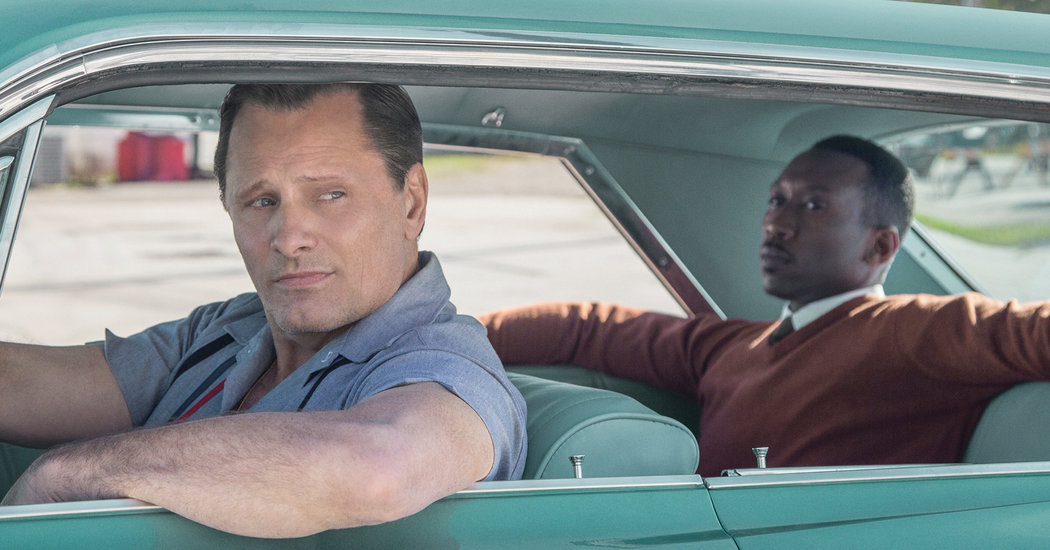
This toothless and unabashedly sanitized portrait of racial prejudice in the early-1960s Deep South might have been mildly insightful had it arrived around the same era it depicts, but its tone-deaf social commentary barely registered as out-of-touch liberal catnip when the film steamrolled its way into the forefront of the Best Picture race six years ago.
The based-on-true-events friendship between a talented Black pianist (Mahershala Ali) and his foul-mouthed Italian chauffeur (Viggo Mortensen) supplies the bedrock for this remarkably dull road-trip buddy comedy that posits that sharing a fried chicken bucket with your Black employer once in a while might actually absolve you of a life of bigotry. As it turns out, wide exposure to this movie did not in fact solve our nation’s deep-rooted prejudices — all it did was rob Alfonso Cuarón’s “Roma” of a bunch of golden statuettes.
23. Crash (2004)
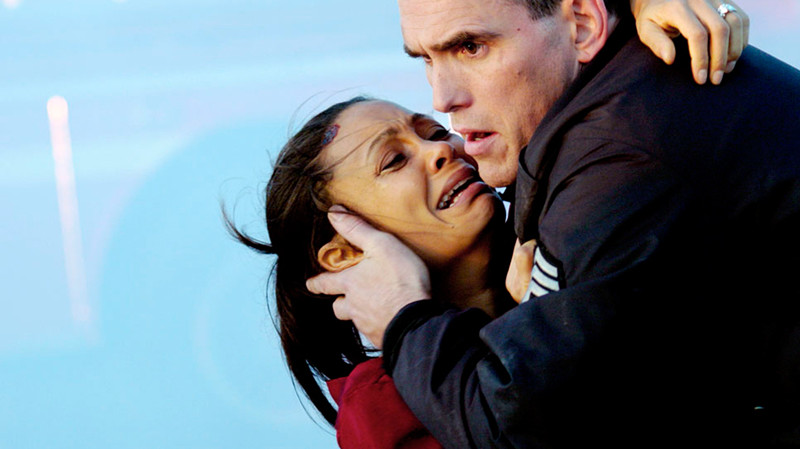
Race relations in post-9/11 America are put under the microscope and given the “Magnolia” treatment in this shallow exercise of hyperlink cinema directed by Paul Haggis, in which the lives of a bunch of Angelinos including a white district attorney, a suburban housewife, a Persian shopkeeper, two cops, a pair of carjackers and a Korean couple intersect in unexpected ways during a frantic 36-hour span.
A loaded A-list cast headlined by Matt Dillon, Don Cheadle, Sandra Bullock, and future Oscar winner Brendan Fraser all try their darndest to make the film stick to memory but can’t possibly elevate a pandering screenplay full of heavy-handed platitudes and elementary-school-level metaphors about the evils of bigotry, racism, and police brutality. 20 years have done nothing if not further validate the early consensus: “Brokeback Mountain” was robbed big time.
22. The King’s Speech (2010)
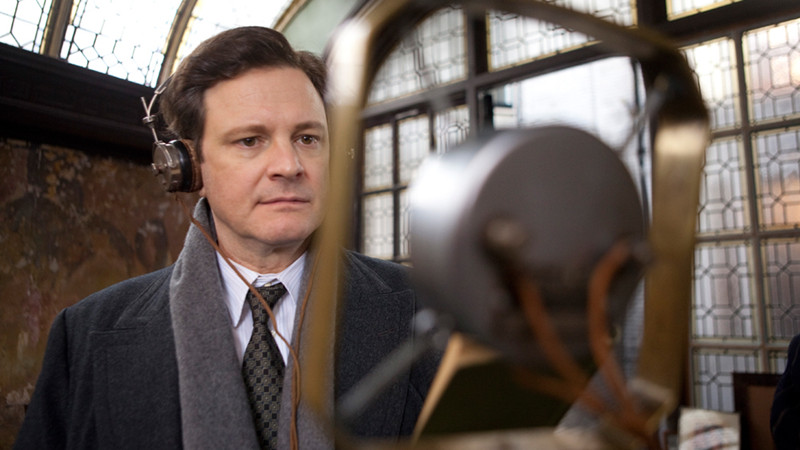
It’s funny to look back and realize just how bad the Academy got it in 2010, though as the old adage goes, time puts everything in its place: While David Fincher’s “The Social Network” continues to grow in estimation as a generation-defining biopic that feels destined to be remembered for years to come, the film that upset it during Oscar night has all but faded into obscurity as a meager footnote in movie-history trivia without any staying power of its own.
Disgraced studio mogul Harvey Weinstein and his henchmen worked overtime during awards season to steer Oscar voters toward this soporific period drama directed by “Cats” director Tom Hooper, which puts us in the shoes of King George VI (Colin Firth) right after his brother’s abdication, as he tries to get a handle in the whole being a monarch thing and get his stutter under control with the help of a speech therapist (Geoffrey Rush) before addressing the nation in the lead-up to World War II. It’s just as dull, mawkish, and bracingly Oscar-baity as you probably remember it as.
21. CODA (2021)
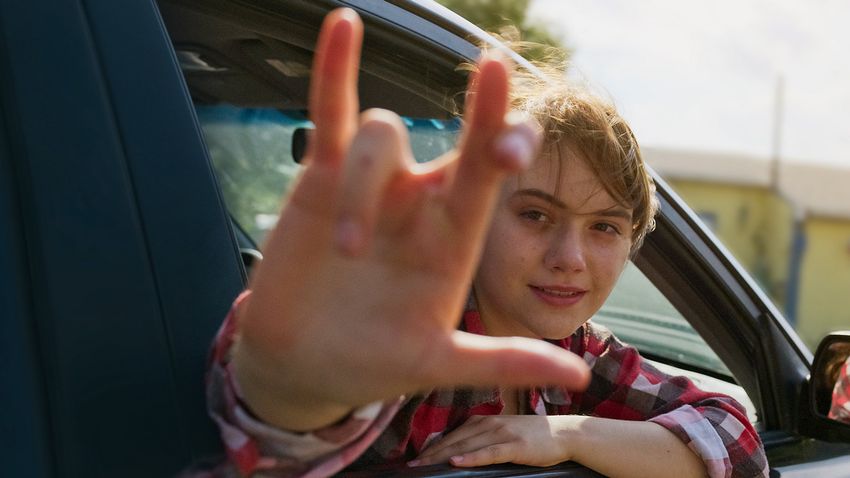
Jane Campion’s revisionist western “The Power of the Dog” came within spitting distance of winning best picture in 2021, but the scrappy underdog narrative behind this light-hearted crowd-pleaser directed by Siân Heder was too much to overcome when both contenders went head-to-head for the crown during the same awards ceremony that saw Will Smith slap the living shit out of Chris Rock.
This low-fi slice-of-life drama about Ruby (Emilia Jones), the lone hearing family member in a household of working-class Massachusetts fisherfolk (all played by a predominantly deaf cast including Oscar-winning Troy Kotsur) trying to balance her responsibilities with her passion for theater and music doesn’t reinvent the wheel but rarely hits a wrong note. There’s little here you haven’t seen in some form in a thousand Hallmark movies before, but Apple TV’s sleeper hit works well enough that it might creep up on you when you least expect it.
20. Slumdog Millionaire (2008)
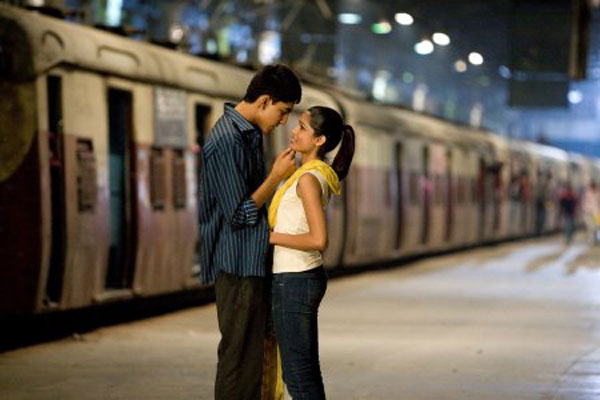
Lost in the giddy rush of Heath Ledger’s posthumous win for his memorable villainous turn in “The Dark Knight” — a film that coincidentally became a lightning rod of contention after missing the Best Picture cut, prompting a public outcry so loud it basically bullied the Academy into doubling the number of nominees the very next year — “Slumdog Millionaire” quietly emerged as the biggest winner of the night after taking home a whopping 8-Oscar haul.
Time has not been entirely kind to Danny Boyle’s inspirational rags-to-riches story about a resourceful Mumbai street teen who beats insurmountable odds to win the Indian version of ‘Who Wants to Be a Millionaire?’. Many pundits took aim at the film’s skewed and somewhat Orientalist portrayal of lower-class Indian society, though it’s easy to brush it off considering the film introduced moviegoers to the unique leading-man charms of Dev Patel.
19. Argo (2012)
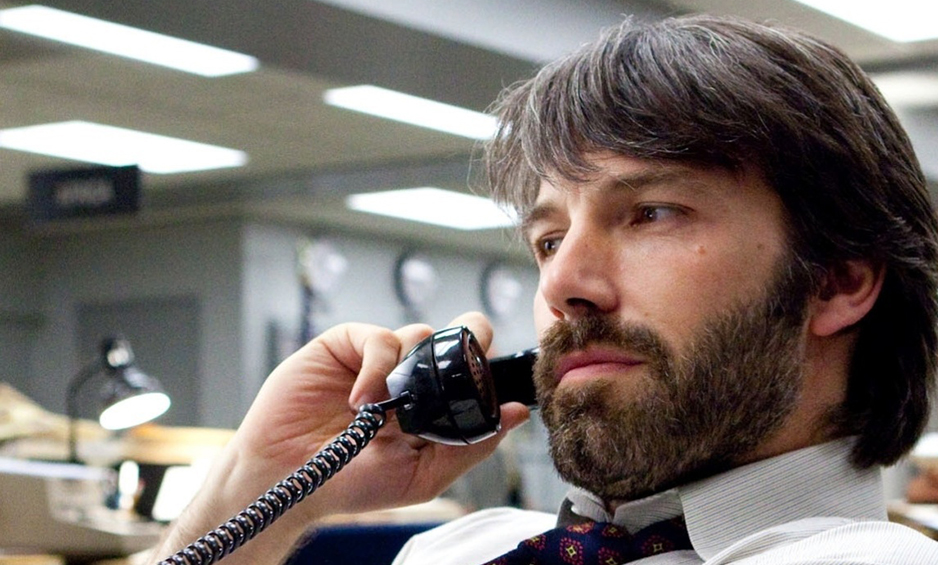
The real-life 1980 Iran Hostage Crisis that saw several C.I.A. agents hatch an outlandish plan to rescue six members of the U.S. embassy in Tehran by pretending to be a film crew scouting for locations for a fictional movie makes for solid popcorn entertainment in actor-turned-filmmaker Ben Affleck’s third stint behind the camera.
There were surely at least a handful of better options to give the nod to in 2012, but it was not entirely surprising to see the Academy’s old guard rally behind that year’s feel-good celebration of cinema. After all, the story’s rah-rah patriotism and generous portrait of showbiz go its way to reaffirm the medium’s crisis-averting qualities in the face of global adversity, even if it means occasionally dumbing down its premise and glancing over key events for simplicity’s sake.
18. A Beautiful Mind (2001)
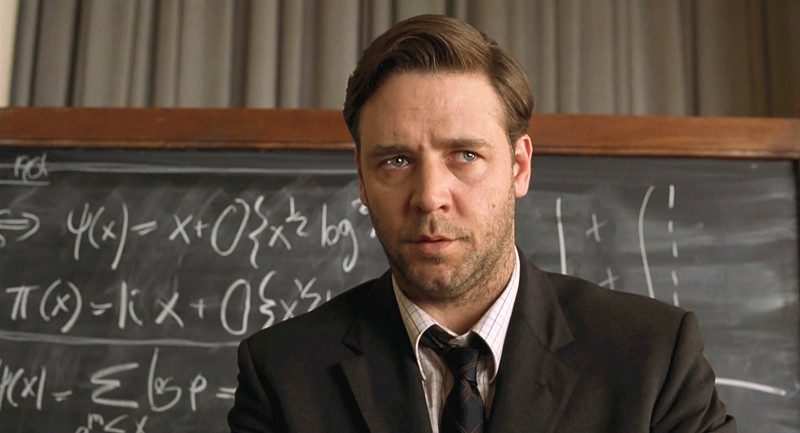
There’s nothing that tickles the Academy’s fancy like a saccharine based-on-a-true-story biographical drama that tugs at your heartstrings and tries to leave you all misty-eyed by the time the credits roll. Fresh off his big “Gladiator” sweep at the very peak of his star power, Russell Crowe found another show-offy role to sink his teeth into as the renowned American mathematician and Princeton University professor John Nash, whose indelible contributions in the field of Economics were often overshadowed by his arduous struggle with paranoid schizophrenia.
Nothing about “A Beautiful Mind” feels fresh 23 years later: Almost every creative choice by director Ron Howard reeks of cliché-riddled, awards-bait fodder, and not even a committed supporting performance by Jennifer Connelly as Nash’s loyal wife can elevate the paint-by-the-numbers script beyond cookie-cutter territory.
17. The Artist (2011)
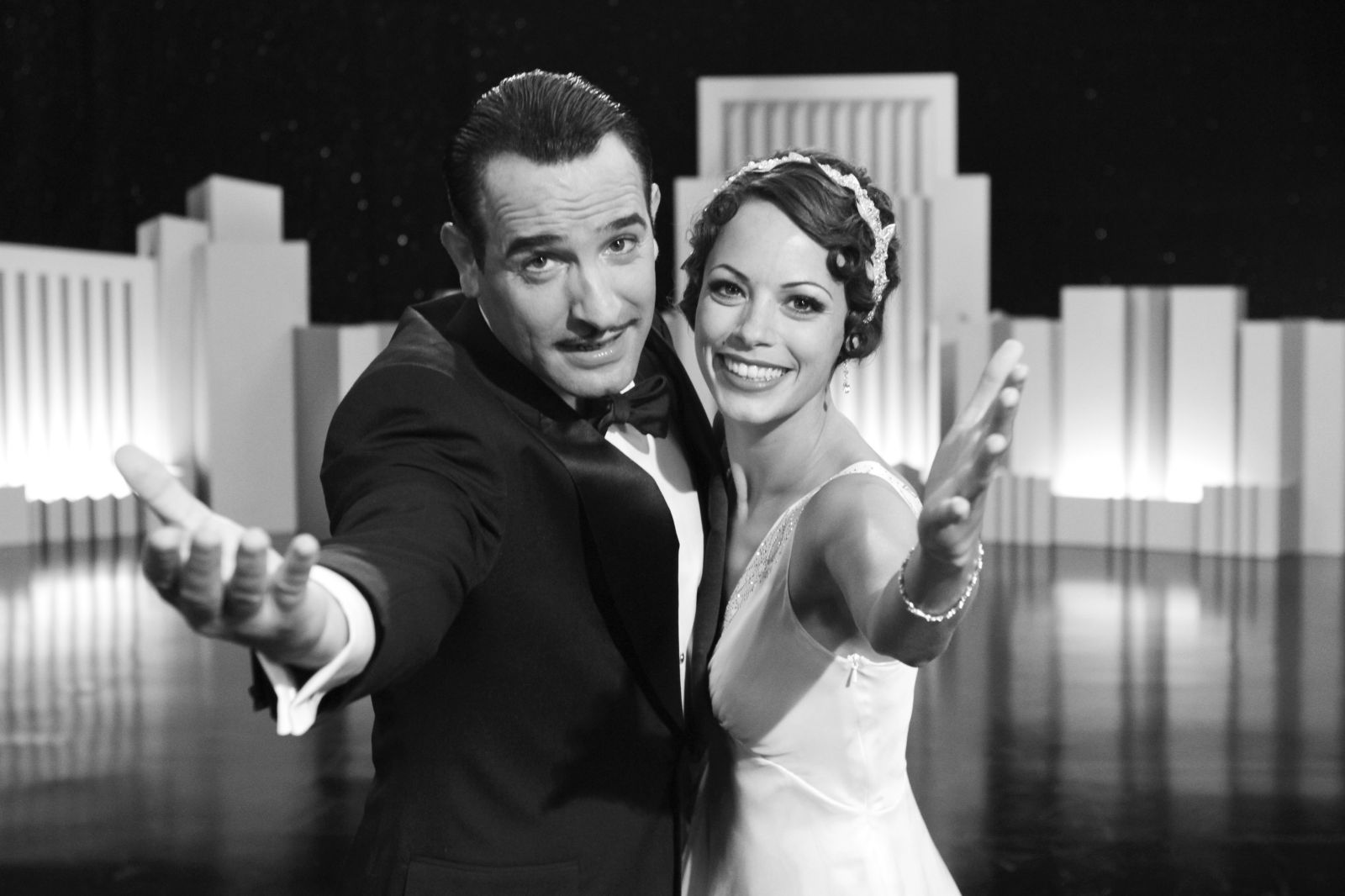
It’s common knowledge that Hollywood has a soft spot for movies about itself. Enter French filmmaker Michel Hazanavicius’ heartfelt black-and-white valentine to a bygone era in cinema history starring Jean Dujardin and Bérénice Bejo as two star-crossed lovers trying their best to thrive in a quickly evolving industry going through a rocky transition from silent films to talkies.
Clocking in at a breezy 100 minutes, there’s not much dramatic meat to chew on in terms of plot or characterization here, but at least “The Artist” doesn’t overstay its welcome and coasts along strictly on feel-good vibes, rose-tinted nostalgia, and palpable chemistry between its two leads. In a perfect world, though, Terrence Malick’s “The Tree of Life” would have walked away with the top prize.
16. Chicago (2002)
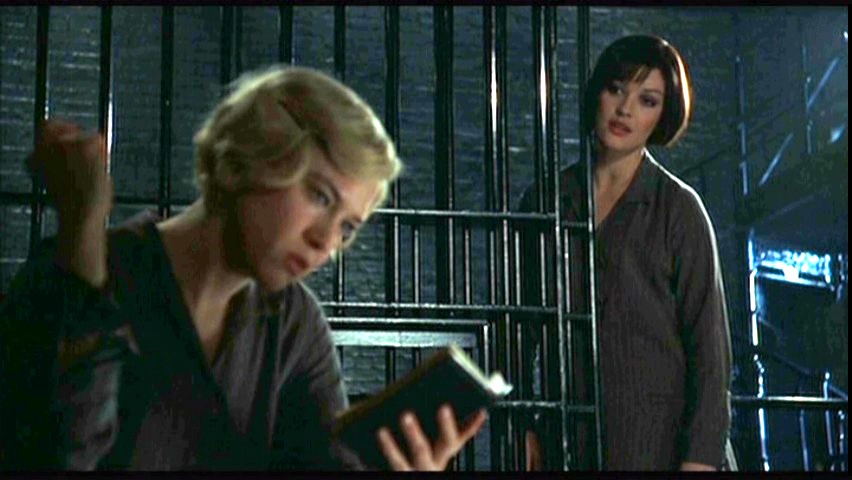
Rob Marshall picked up wins in 6 different categories including Best Picture for this glossy studio throwback based on Bob Fosse’s extremely successful Broadway smash hit. Set in the razzle-dazzle of 1920s Chicago, the first musical to win the Academy’s top prize since 1968s “Oliver” is headlined by two irresistible leads in Renée Zellweger and Catherine Zeta-Jones as unlikely partners-in-crime who become national celebrities while serving time behind bars together as they try to sing and dance their way out of the gallows.
It might not have the dangerous edge of “All That Jazz”, the coked-up pace of “Moulin Rouge”, or the infectious romanticism of “La La Land”, but the show-stopping numbers, top-notch production value, and charismatic performances by the all-star cast (including Richard Gere as a gullible lawyer way out of his depth) make “Chicago” a welcomed if somewhat pedestrian addition to the modern musical movie canon.
15. Million Dollar Baby (2004)
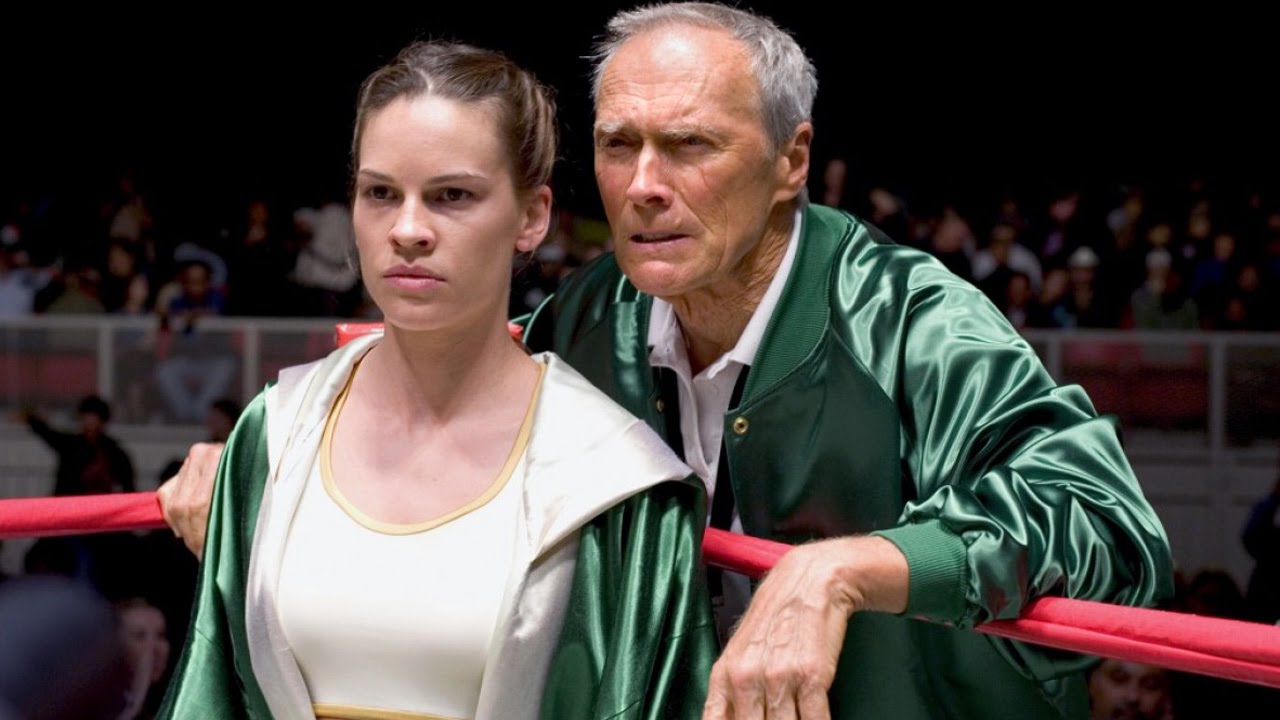
The immortal Clint Eastwood put his own spin on the tried-and-true formula of the prestige-sport drama with this absolute tear-jerker about a scrappy underdog with a chip on her shoulders (Hilary Swank) who relentlessly works on her craft under the tutelage of a hard-as-nails boxing trainer (Eastwood, doing the same-old grimacing, gruff routine he’s accustomed us to in the past half-century).
Many considered the prolific actor-director’s big Oscar sweep for “Unforgiven” in 1992 to be the cherry on top of an illustrious career that now spans almost 70 years. Little did we know that not only would Eastwood come out on top again in the 2005 ceremony, but that he’d still be knocking it out of the park and reinventing himself at the spry young age of 93. Hats off, cowboy.
14. Nomadland (2020)
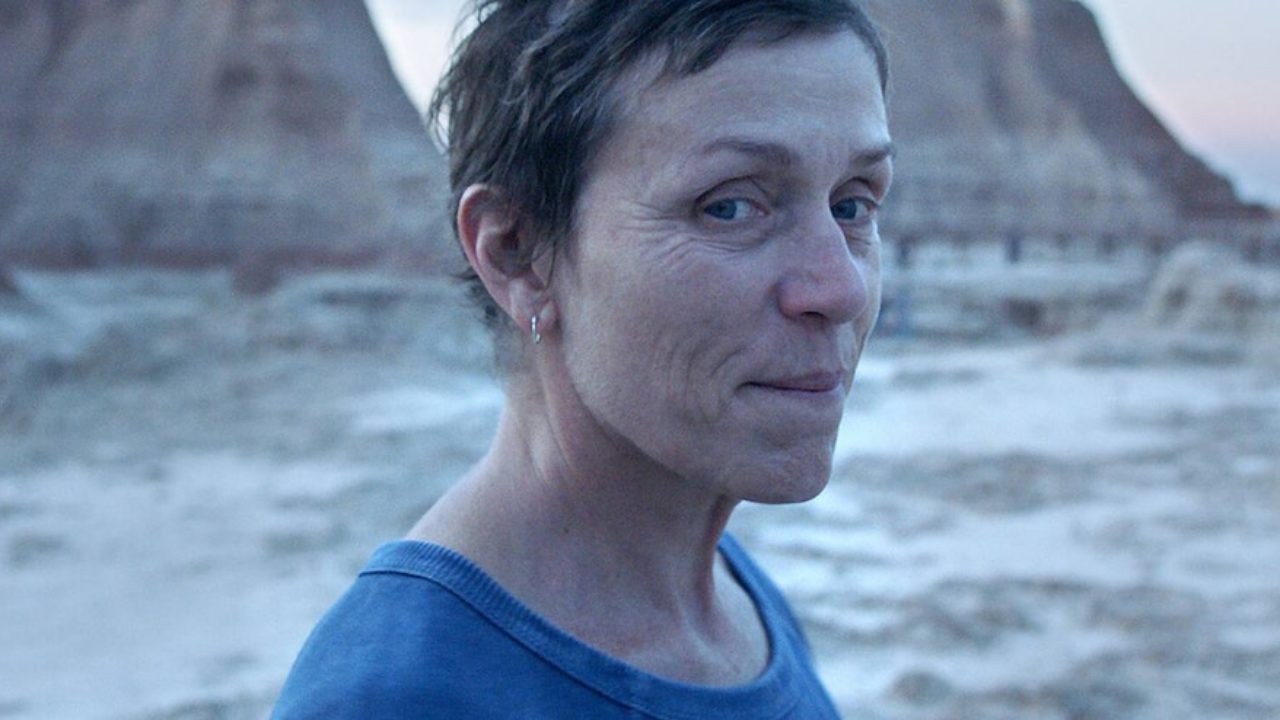
As the world reeled off a devastating global pandemic that would change the entertainment business as we know it, Oscar voters turned their gaze towards this minimalist post-recession-era takedown of the American Dream starring Frances McDormand as a jaded gig economy worker who hits the road and embarks on an impromptu van-dwelling journey throughout the Midwest.
As a poignant portrait of life on the fringes, the harsh working conditions of blue-collar America, and a stark reminder of the human cost of the 2008 financial crisis, “Nomadland” isn’t as enlightening or pointed as Chloé Zhao might like to think. It’s in the quieter moments where the film truly soars, especially through dialogue-free scenes of introspection and the sweeping open vistas of the American heartland that make all our earthly problems seem both faraway and inconsequential in the grander scheme of things.
13. The Shape of Water (2017)
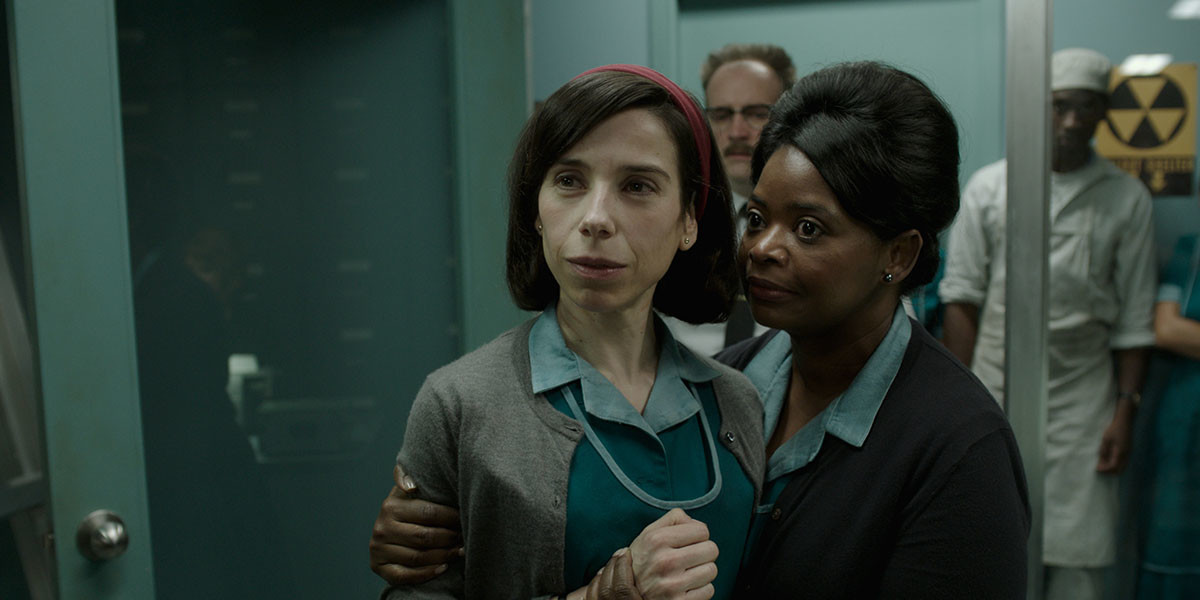
Though largely remembered in some quarters simply as the film “where Sally Hawkins gets laid by a fish-man”, Guillermo del Toro’s spell-binding fairy tale of Cold War-era espionage about a mute janitor getting more than she bargained for while doing night shifts at a secret government research lab is too layered, unpredictable, and wholly original to be reduced to a surface-level plot synopsis.
We like to think of “The Shape of Water” as the culmination of an entire career dedicated to thoroughly exploring the boundaries between reality and fantasy, in which otherworldly monsters and whimsical creatures merely serve as a cracked-mirror reflection of real horrors and mankind’s shortcomings. Not without flaws, sure, but a very watchable film.